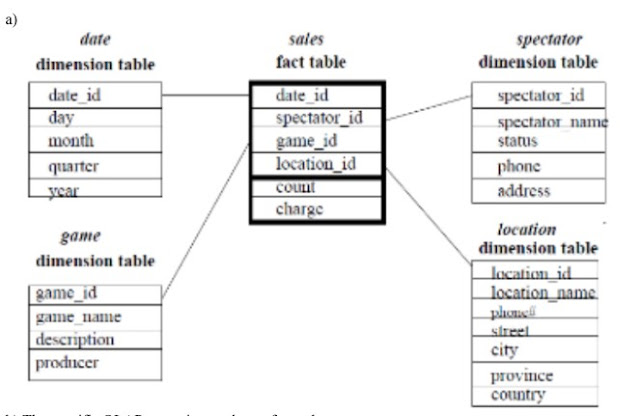Describe the possible types of revenues models that can be adapted in e commerce systems.
Revenue model
A firm's revenue model describes how the firm will earn revenue, generate profits, and produce a superior return on invested capital. capital. We use the terms revenue model and financial model interchangeably.
There are many different e-commerce revenue models that have been developed followings are the types of revenue models:
➤Types of Revenue Model
- the advertising model,
- the subscription model,
- the transaction fee model,
- the sales model, and
- the affiliate model.
i. The advertising model:
In the advertising revenue model, a company that offers content, services, and/or products also provides a forum for advertisements and receives fees from advertisers. Companies that are able to attract the greatest viewership or that have a highly specialized, differentiated viewership and are able to retain user attention are able to charge higher advertising rates. Yahoo, for instance, derives a significant amount of revenue from display and video.
ii. The subscription model:
In the subscription revenue model, a company that offers content or services charges a subscription fee for access to some or all of its offerings. For instance, the digital version of Consumer Reports provides online and mobile access to premium content, such as detailed ratings, reviews, and recommendations, only to subscribers, who have a choice of paying a $6.95 monthly subscription fee or a $30.00 annual fee.
iii. The Transaction Fee Model:
In the transaction fee revenue model, a company receives a fee for enabling or executing a transaction. For example, eBay provides an auction marketplace and receives a small transaction fee from a seller if the seller is successful in selling the item. E-trade, a financial services provider, receives transaction fees each time it executes a stock transaction on behalf of a customer.
iv. The sales model:
In the sales revenue model, companies derive revenue by selling goods, content, or services to customers. Companies such as Amazon which sells books, music, and other products have sales revenue models.
v. The Affiliate Model:
In the affiliate revenue model, companies that steer business to an "affiliate" receive a referral fee or percentage of the revenue from any resulting sales. For example, MyPoints makes money by connecting companies with potential customers by offering special deals to its members. When they take advantage of an offer and make a purchase, members earn "points" they can redeem for freebies, and MyPoints receives a fee.
.png)



Comments
Post a Comment